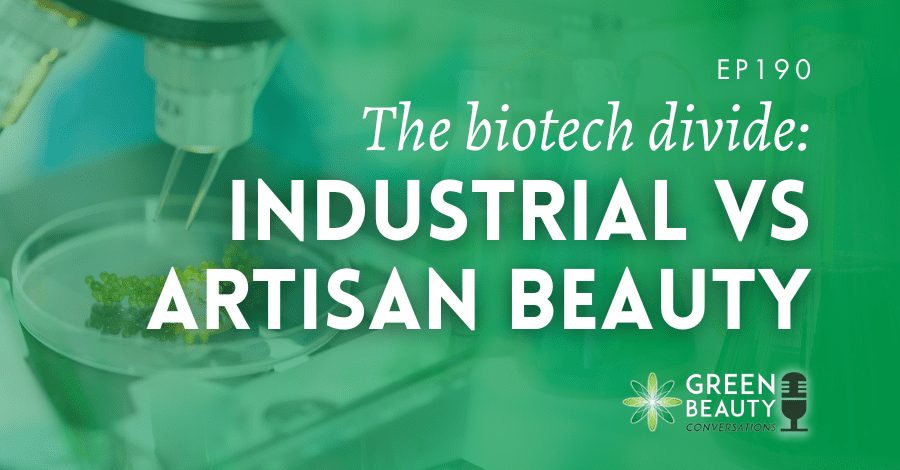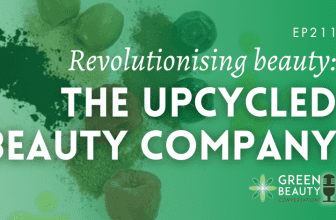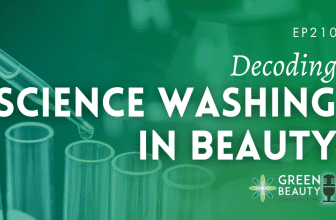
[ad_1]
The beauty industry’s exploration and use of biotechnology is growing fast. Large corporate cosmetics companies are turning to biotech – or synthetic biology – to grow their high-performance cosmetic ingredients sustainably in labs. The contrast in approach between the industrial and artisan beauty sectors is intriguing.
While global players like L’Oreal are leveraging biotech for large-scale production, the indie beauty sector, of which the Formula Botanica community is a part, shows minimal engagement with biotech. When we searched the Formula Botanica online forum for mention of biotech, we found just a handful of comments and queries about it.
In this opinion episode, Formula Botanica CEO and podcast host Lorraine Dallmeier explores these diverging paths and their implications for the future of beauty. Could the advent of biotech prove the key difference between the artisan-scale indie beauty brand and the mainstream? Much depends on the availability of bio-based ingredients for small-scale brands as well as the mission and mindsets of artisan founders and formulators.

Subscribe on iTunes
Subscribe on Spotify
Subscribe on YouTube
Quote from the host:
As big players in beauty turn to biotech, representing industrial scale beauty, we must ask ourselves: will there be a definitive split between industrial and artisan beauty?
Key takeaways from this episode:
- Contrasting approaches: the beauty industry is witnessing a divide. Large corporations are increasingly adopting biotech for mass production, while the indie beauty sector remains focused on small-scale, artisanal methods.
- Biotech’s role in industrial beauty: companies like L’Oreal are integrating biotechnology to meet their large-scale ingredient needs, signaling a shift towards more synthetic methods in industrial beauty.
- Artisan beauty’s path: the artisan sector, represented by indie brands, appears to be less engaged with biotechnology, possibly hinting at a future trend of deepening commitment to plant-based botanicals.
- The synthetic vs natural debate: historically, the divide between synthetic chemicals and natural ingredients has been clear. However, as industrial beauty embraces synthetically created “naturals”, this boundary is blurring.
- Emerging trends and potential conflicts: the future may see a clash in the efficacy and preference for synthetically-produced naturals versus actual naturals, with industrial beauty advocating for the superiority of their synthetically derived formulations.
If you want to hear more about some of the topics we covered, please delve back into the podcast archives. Go and listen to:
Episode 189: Biotech ingredient wars – with guest Joshua Britton, CEO and co-founder, Debut Biotech.
Episode 121: Biotech beauty – the controversial new frontier?
Episode 122: Lab-grown skincare – the new normal?
Thank you for joining us for this episode of the Formula Botanica Green Beauty Conversations podcast. If you enjoyed listening, please share, subscribe and review this episode on iTunes, Spotify or Youtube so that more people can enjoy the show. Don’t forget to follow and connect with us on Facebook, Twitter and Instagram.
FREE FOUNDATION COURSE
How to become an
Organic Skincare Formulator
FREE TRAINING
How to become an
Organic Skincare Entrepreneur
Join over 100,000 other Formulators
FREE TRAINING
How to become an
Organic Skincare Entrepreneur
Join over 100,000 other Formulators
Leave us a comment
Lorraine Dallmeier is a Biologist, Chartered Environmentalist and the CEO of Formula Botanica, the award-winning online organic cosmetic science school. Read more about Lorraine and the Formula Botanica Team.
[ad_2]
Source link





